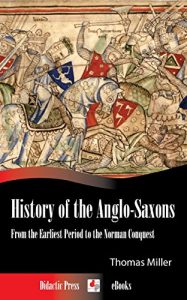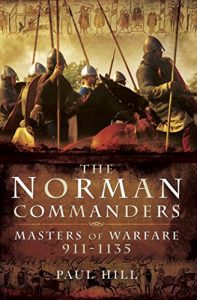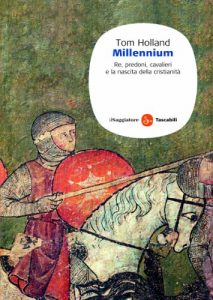I 99eBooks è una directory di eBook. Cerchiamo e classificato intorno alle eBooks Web per te!
Tutti i diritti riservati. I libri e libri elettronici sono di proprietà dei rispettivi proprietari.
History of the Anglo-Saxons – From the Earliest Period to the Norman Conquest (Illustrated) (English Edition)
Elated by the victory which a hasty march and a sudden surprise had enabled him to obtain more easily over the Norwegians, the brave Harold again, without a day's delay, proceeded to advance rapidly in the direction of the Norman encampment, wearied and thinned as his forces were by the late encounter; hoping by the same unexpected manœuvre and headlong attack, to overthrow at once this new enemy. So sanguine was the Saxon king of obtaining the victory, that he commanded a fleet of seven hundred vessels to hasten towards the English Channel, and intercept the enemy's ships if they should, on his approach, attempt to return to Normandy. The force thus despatched, to remain idle and useless upon the ocean, greatly diminished the strength of the army which Harold was about to lead into the field. Added to this, many had abandoned his standard in disgust, because he prohibited them from plundering the Northmen, whom they had so recently conquered—an act of forbearance which, when placed beside his generous dismissal of the vanquished, shows that Harold, like Alfred, blended mercy instead of revenge with conquest. Too confident in the justice of his cause—brave, eager, impetuous, and burning with the remembrance of the wrongs which he had endured, while he lay helpless at the foot of the Norman duke in his own country, the Saxon king hastened with forced marches to London; where he only waited a few days to collect such forces as were scattered about the neighbourhood, instead of gathering around him the whole strength of Mercia, and the thousands which he might have marshalled together from the northern and western provinces. Those who flocked to his standard came singly, or in small bands; they consisted of men who had armed hastily, of citizens who lived in the metropolis, of countrymen who were within a day or two's march of the capital, and even of monks who abandoned their monasteries to defend their country against the invaders...


















